Brazilian Legislation on the Use of CCTV Cameras: Regulations in Public and Private Areas
The use of CCTV (Closed Circuit Television) cameras has become increasingly common in public and private spaces in Brazil. But do you know what the rules and regulations are that govern the use of these surveillance technologies? In this article, we will explore Brazilian legislation on the use of CCTV cameras and how to ensure that their installation and use are legal.
What Does the Legislation Say About the Use of CCTV Cameras in Brazil?
In Brazil, legislation on the use of CCTV cameras is governed by a combination of laws that aim to protect both public safety and citizens’ right to privacy. This means that when installing security cameras, it is essential to follow the regulations to avoid legal violations.
Main Laws and Regulations for CCTV
The main laws regulating the use of CCTV cameras in Brazil include the General Data Protection Law (LGPD), the Brazilian Civil Code and the technical standards of the Brazilian Association of Technical Standards (ABNT).
General Data Protection Law (LGPD) and CCTV
The LGPD is one of the most important laws in the context of CCTV surveillance. It establishes guidelines for the collection, storage and use of personal data, including images captured by security cameras. Every CCTV installation must be transparent and clearly state the use of the images.
Brazilian Civil Code and the Right to Privacy
According to the Brazilian Civil Code, everyone has the right to privacy. Therefore, CCTV cameras cannot be installed in places where this right is expected, such as bathrooms or private rest areas.
ABNT Standards for Installing Security Cameras
ABNT establishes technical guidelines for the installation of CCTV systems. Following these standards is crucial to ensure that the system is safe, effective and legal.
Use of CCTV Cameras in Public Areas
The use of security cameras in public places, such as squares, public roads and parks, is permitted, but must comply with specific standards that guarantee citizens' privacy.
Permitted Locations and Restrictions
The use of CCTV cameras in public places for security purposes is permitted, provided that informative signs are placed and the use of images is restricted to security issues.
Requirements for Use in Squares, Parks and Public Roads
The use of cameras in these locations must be transparent, and the storage of images must comply with data protection regulations.
Use of CCTV Cameras in Commercial Establishments
Commercial establishments, such as shops and restaurants, use CCTV cameras to prevent theft and ensure the safety of their customers and employees. However, it is necessary to follow clear rules to avoid infractions.
Specific Rules for Companies and Businesses
Businesses should ensure that cameras are not located in places where the privacy of customers and employees could be compromised, such as bathrooms and changing rooms.
Citizens' Rights and the Use of Captured Images
Citizens have the right to know how their images are being used and who has access to them. Failure to comply with these rules can result in severe sanctions.
Use of Advanced CCTV Technologies in Law Enforcement
Facial recognition and behavior analysis technologies have become commonplace, but the use of these technologies in CCTV systems must follow legal limits to ensure privacy protection.
Facial Recognition and Behavior Analysis: Legal Limits
Facial recognition is permitted, but must be used transparently and only when there is a clear and legal justification.
Recording and Secure Storage of Captured Images
Captured images must be stored securely and accessible only to authorized persons.
How to Ensure Compliance with Legislation
To ensure your CCTV system is legal, it is essential to follow clear guidelines and adopt good data security practices.
Steps to Implement a Compliant CCTV System
Carrying out detailed planning, consulting experts and ensuring all data protection policies are in place are key steps towards compliance.
Conclusion: The Importance of Complying with Surveillance Laws
Complying with CCTV legislation in Brazil is crucial to protecting citizens’ rights and maintaining public trust. Invest in a system that respects the law and offers security without compromising privacy.
How C2H Solutions Can Help
C2H Solutions offers specialized services to ensure that your CCTV systems comply with all Brazilian regulations. Contact us through our contact page on the website and request a quote for your security needs.
Common questions
-
What are the penalties for improper use of CCTV cameras?
Penalties may include fines and lawsuits for privacy violations. -
Do CCTV cameras require specific authorization to be installed?
Depending on the location, yes. In public areas, it is usually required. -
How does LGPD affect the use of CCTV in companies?
The LGPD requires transparency and protection of collected personal data. -
Can security cameras record audio?
Audio recordings require explicit consent. -
How can I ensure that my CCTV system is legal?
Following current regulations and consulting experts are essential measures.

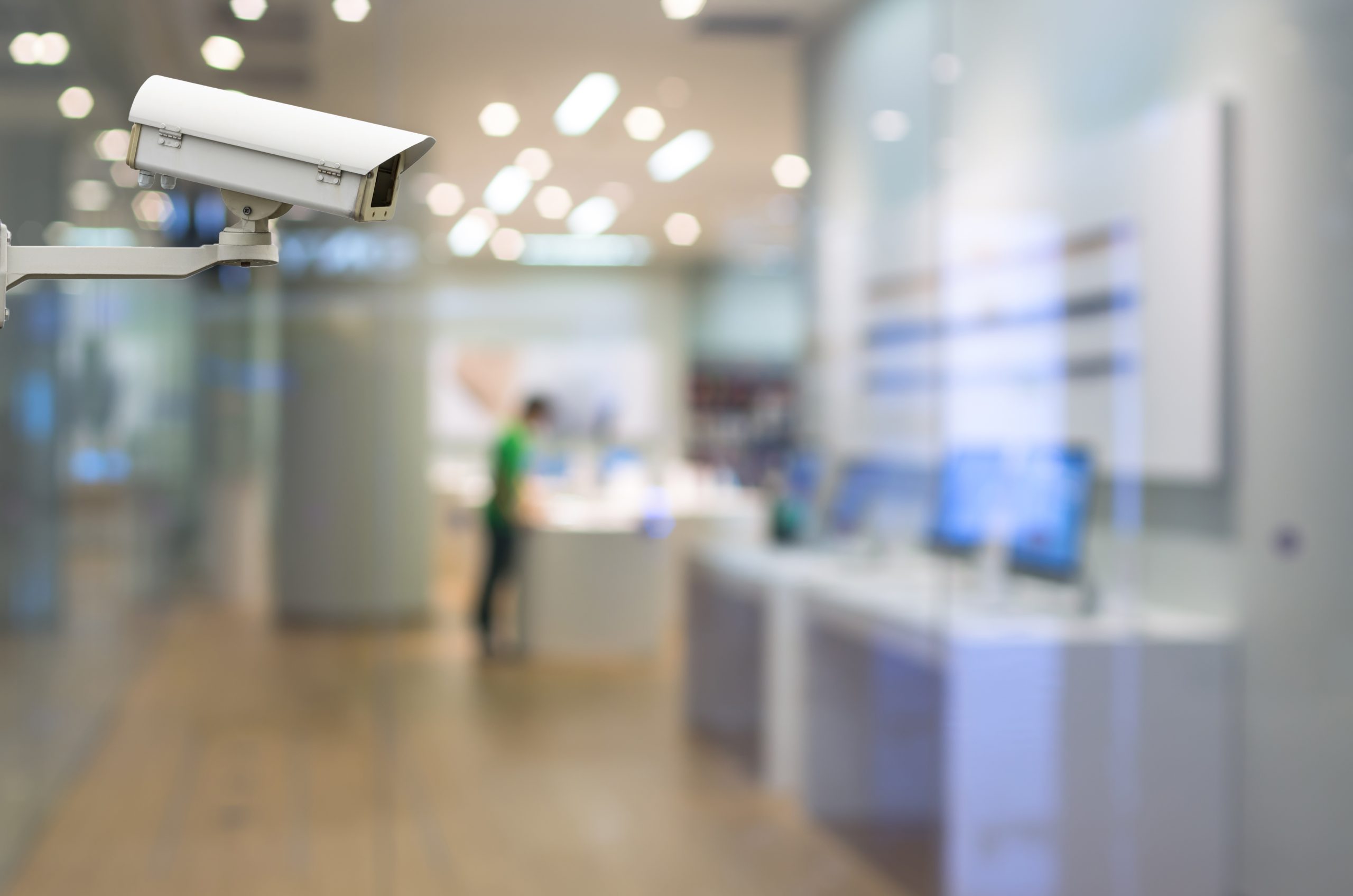
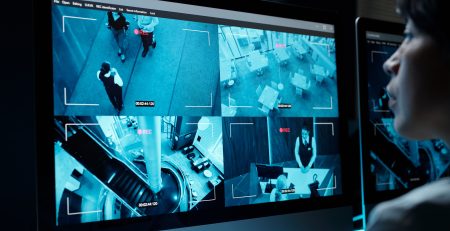
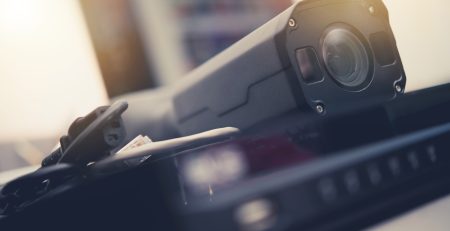
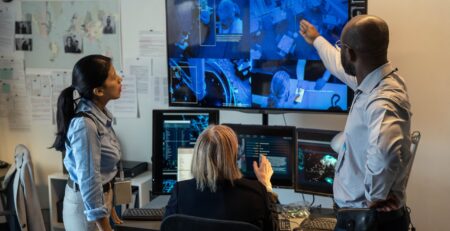
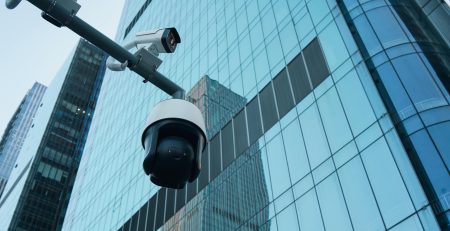
Comments (15)
This article provides a crucial understanding of Brazilian legislation surrounding the use of CCTV cameras, offering valuable insights into the legal framework that governs surveillance in the country. It’s great to see how the article highlights the importance of balancing security needs with privacy rights, especially in terms of data protection and consent. The detailed discussion on the need for clear signage and transparency with employees and the public about camera usage is essential for compliance. This guide serves as an important resource for businesses and individuals looking to install CCTV systems in Brazil, ensuring they stay informed and abide by local laws.
💡 A legislação sobre CFTV é crucial para garantir a segurança e a privacidade de todos. Conhecer as normas ajuda a implementar sistemas de forma ética e eficiente! 📜👉 Quer aprofundar seus conhecimentos sobre #CFTV? Explore mais conteúdos exclusivos em nosso blog na seção #CFTV. 🤝 Envie um email para nosso departamento comercial! comercial@c2hsolutions.com.br
💡 A legislação sobre CFTV é fundamental para garantir a segurança e a privacidade de todos. Conhecer as regulamentações é o primeiro passo para implantar um sistema eficiente e conforme as normas. 📜👉 Quer aprofundar seus conhecimentos sobre #CFTV? Explore mais conteúdos exclusivos em nosso blog na seção #CFTV. 🤝 Envie um email para nosso departamento comercial! comercial@c2hsolutions.com.br
💡 A legislação sobre CFTV é fundamental para garantir a segurança e a privacidade de todos. Conhecer essas regulamentações é um passo importante para implementar soluções eficazes! 📜👉 Quer aprofundar seus conhecimentos sobre #CFTV? Explore mais conteúdos exclusivos em nosso blog na seção #CFTV. 🤝 Envie um email para nosso departamento comercial! comercial@c2hsolutions.com.br
💡 A legislação sobre CFTV é fundamental para garantir a segurança e a privacidade de todos. Entender as regras é o primeiro passo para uma implementação eficaz e responsável!
👉 Quer aprofundar seus conhecimentos sobre #CFTV? Explore mais conteúdos exclusivos em nosso blog na seção #CFTV.
🤝 Envie um email para nosso departamento comercial! comercial@c2hsolutions.com.br
💡 A legislação sobre CFTV é essencial para garantir a segurança e privacidade de todos. Entender essas regras pode ajudar sua empresa a implementar soluções eficazes e dentro da lei. 👉 Quer aprofundar seus conhecimentos sobre #CFTV? Explore mais conteúdos exclusivos em nosso blog na seção #CFTV. 🤝 Envie um email para nosso departamento comercial! comercial@c2hsolutions.com.br
💡 A legislação sobre o uso de câmeras de CFTV é fundamental para garantir a segurança e a privacidade de todos. Entender essas regras é o primeiro passo para implementar um sistema eficaz e responsável! 👉 Quer aprofundar seus conhecimentos sobre #CFTV? Explore mais conteúdos exclusivos em nosso blog na seção #CFTV. 🤝 Envie um email para nosso departamento comercial! comercial@c2hsolutions.com.br
💡 A legislação sobre CFTV é fundamental para garantir a segurança e a privacidade. É essencial estar atualizado sobre as regulamentações, tanto em áreas públicas quanto privadas! 🛡️
👉 Quer aprofundar seus conhecimentos sobre #CFTV? Explore mais conteúdos exclusivos em nosso blog na seção #CFTV.
🤝 Envie um email para nosso departamento comercial! comercial@c2hsolutions.com.br
💡 A regulamentação do uso de câmeras de CFTV é essencial para garantir a privacidade e a segurança de todos. Compreender essas leis é o primeiro passo para um ambiente mais seguro! 👉 Quer aprofundar seus conhecimentos sobre #CFTV? Explore mais conteúdos exclusivos em nosso blog na seção #CFTV. 🤝 Envie um email para nosso departamento comercial! comercial@c2hsolutions.com.br
#CFTVLegislação Brasileira Sobre o Uso de Câmeras de CFTV: Regulamentações em Áreas Públicas e Privadas#CFTVSegurança com Inovação e Confiabilidade – C2H Solutions
#CFTVLegislação Brasileira Sobre o Uso de Câmeras de CFTV: Regulamentações em Áreas Públicas e Privadas#CFTVSegurança com Inovação e Confiabilidade – C2H Solutions
#CFTVLegislação Brasileira Sobre o Uso de Câmeras de CFTV: Regulamentações em Áreas Públicas e Privadas#CFTVSegurança com Inovação e Confiabilidade – C2H Solutions
#CFTVLegislação Brasileira Sobre o Uso de Câmeras de CFTV: Regulamentações em Áreas Públicas e Privadas#CFTVSegurança com Inovação e Confiabilidade – C2H Solutions
#CFTVLegislação Brasileira Sobre o Uso de Câmeras de CFTV: Regulamentações em Áreas Públicas e Privadas#CFTVSegurança com Inovação e Confiabilidade – C2H Solutions
#CFTVLegislação Brasileira Sobre o Uso de Câmeras de CFTV: Regulamentações em Áreas Públicas e Privadas#CFTVSegurança com Inovação e Confiabilidade – C2H Solutions